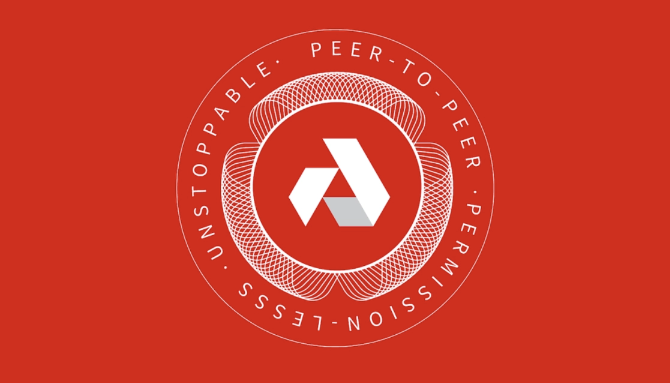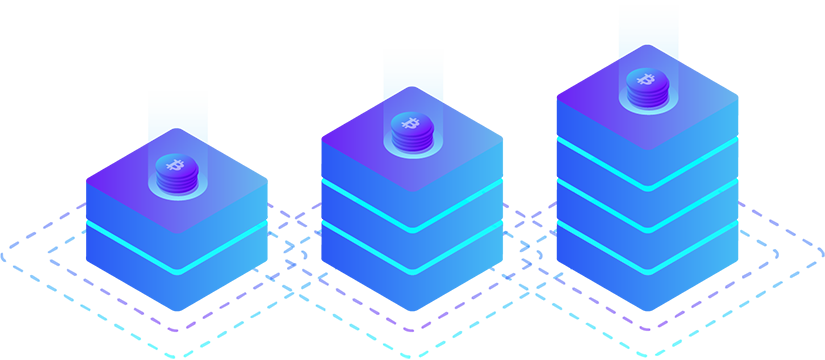
Akash Network, The Decentralized Future of Cloud Computing
Decentralized cloud computing platform
In an era increasingly dominated by centralized cloud giants, Akash Network emerges as a visionary alternative. Spearheaded by CEO Greg Osuri, Akash is a decentralized cloud computing platform designed to revolutionize how computational resources are allocated and consumed.
https://akash.network/
By creating a peer to peer marketplace, Akash allows anyone to lease out unused computing power or access affordable infrastructure, breaking the monopoly held by traditional providers like AWS, Google Cloud, and Microsoft Azure.
At the heart of Akash is its decentralized marketplace for cloud computing. This system enables individuals and organizations with spare compute capacity, be it from data centers, home labs, or enterprise, grade servers, to rent it out to users needing compute power. In contrast to centralized vendors that control pricing and infrastructure policy, Akash empowers users to negotiate costs, define terms, and deploy applications transparently via open source tooling.
The platform leverages containerization technology (most notably Docker) to facilitate seamless application deployment. Users can run diverse workloads, from web servers and databases to blockchain nodes and machine learning models, without being tied to a single infrastructure provider.
Akash is powered by its native utility token, $AKT, which serves multiple pivotal functions within the ecosystem:
- Staking & Security: As a Proof-of-Stake (PoS) blockchain, users stake $AKT to help secure the network. Validators are rewarded for participating honestly, while stakers receive a share of those rewards, providing a source of passive income.
- Payments: $AKT is the primary currency for transacting within the network, including paying for compute leases and rewarding providers.
- Governance: Token holders can vote on proposals that affect protocol upgrades, economic parameters, and governance decisions, ensuring a decentralized and democratic approach to the network’s evolution.
Additionally, Akash incentivizes long term staking and competitive pricing through its tokenomics, encouraging both network stability and cost efficiency for end-users.
Akash is built using Cosmos SDK, making it an integral component of the Cosmos ecosystem, a constellation of interoperable blockchains. As a “hub” for decentralized cloud services, Akash benefits from IBC (Inter-Blockchain Communication), enabling it to interact with other chains like Osmosis, Secret Network, and Juno. This interoperability fosters cross chain deployments, multi-token payments, and wider developer adoption.
In this context, $AKT serves as both a reserve currency and a medium of exchange across various projects within the Cosmos network.
Advantages Over Traditional Cloud Providers
Akash offers several compelling advantages:
- Cost Efficiency: Leveraging underutilized resources dramatically lowers costs, up to 2-3x cheaper than traditional cloud services.
- Decentralization: Reduces the risk of single point failures, censorship, and vendor lock in.
- Transparency: Open-source codebase and bidding mechanisms ensure fairness.
- Global Accessibility: Anyone with the right hardware can become a provider, democratizing access to the cloud.
Akash Network represents a paradigm shift in cloud computing. By harnessing decentralized infrastructure, leveraging token based economics, and aligning with the broader Cosmos vision, it offers a flexible, affordable, and censorship resistant alternative to today’s centralized cloud hegemony.
As Web3 applications continue to grow, and demand for sovereign, decentralized services rises, Akash is uniquely positioned to become the backbone of a freer, more resilient internet.
